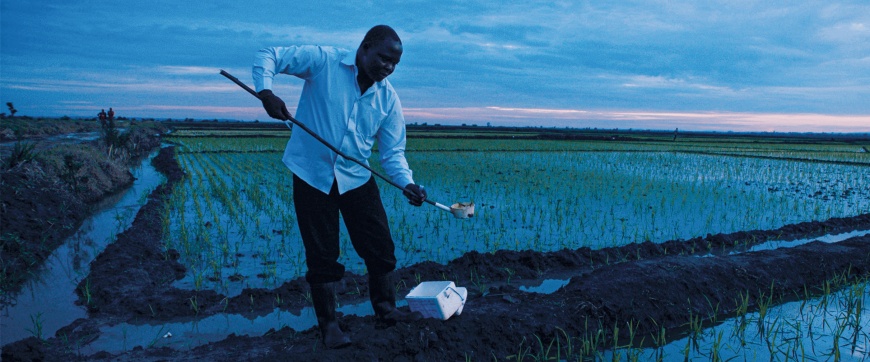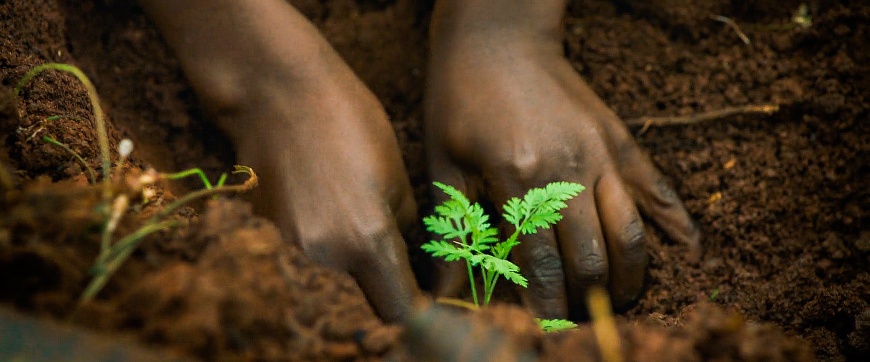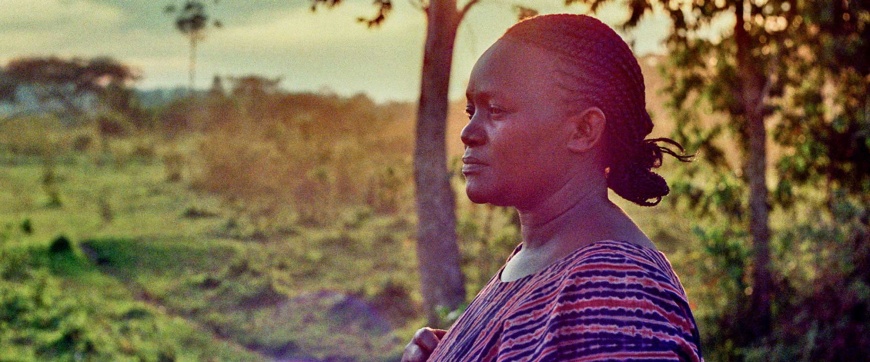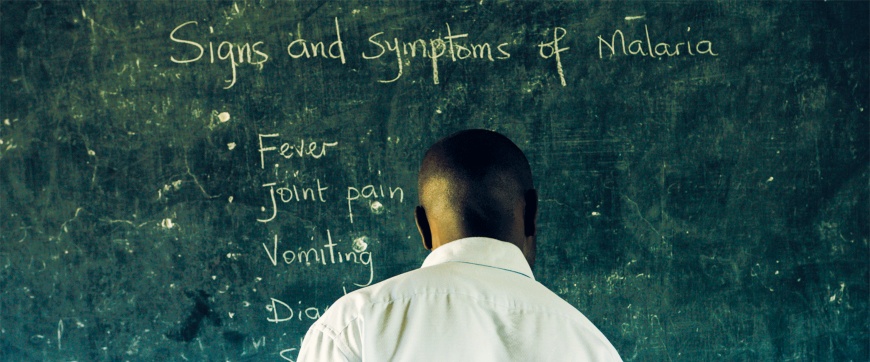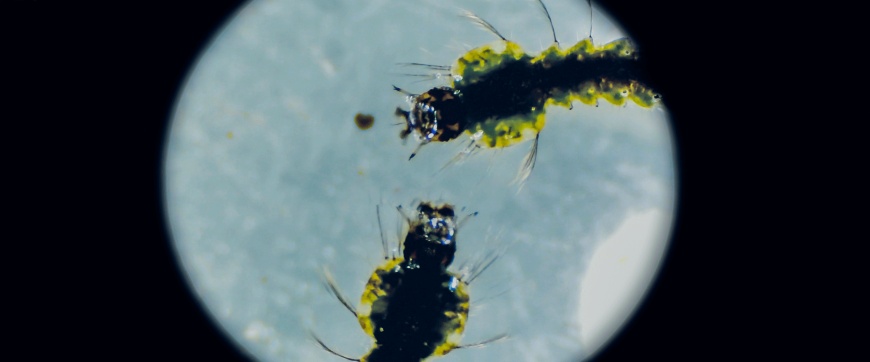Director's Commentary
Katharina Weingartner on "The Fever: The Fight Against Malaria"
»We wanted to let the people who actually live with malaria, who fight against it, but whom nobody hears and sees, have their say. In most documentaries, the same post-colonial patterns are reproduced and Africa is only used to illustrate 'suffering' and adventure. With a thematic complex like malaria, the temptation was to focus on the scandalous global entanglements. This would serve the visual habits of the Global North, but the people affected by malaria would once again have to serve as victims and extras. It is absurd that for a disease where 90% of the cases occur in sub-Saharan Africa, over 90% of the research funds for it remain in North America and Europe. Those affected are silenced and denied the means to help themselves. It was important to us to portray our protagonists as self-confident actors who can and want to fight the disease themselves.
And Covid-19 has finally made malaria visible. The many people who came to the Austrian cinemas in such large numbers during the frightening pandemic have confirmed this to us again and again. At last there is a performance about the invisible mass death in Africa, or as the Congolese presenter at our Vienna premiere said: "Covid is the white man's malaria". Film is a wonderful medium to connect the people who have lived with such a pandemic forever and those who have benefited from it forever and only now have to fear for their own lives: The cinema audience can experience how Rehema from Masaka in Uganda fights the parasite day by day. And wins this battle in miniature!«
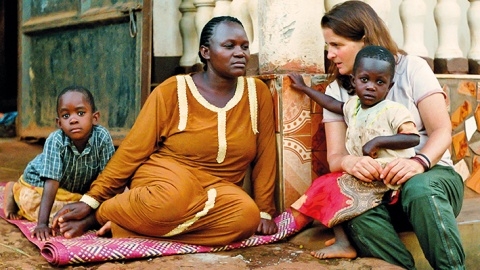 Director Katharina Weingartner with protagonist Rehema Namyalo and her children during the shooting of the documentary "The Fever: The Fight Against Malaria". © Jana Fitzner
Director Katharina Weingartner with protagonist Rehema Namyalo and her children during the shooting of the documentary "The Fever: The Fight Against Malaria". © Jana Fitzner


